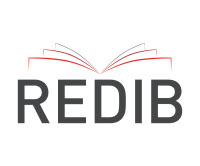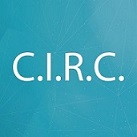Linguagem inclusiva e comunicação não sexista na Universidade Federal de Sergipe
DOI:
https://doi.org/10.21680/1517-7874.2023v25n3ID32554Resumen
As mudanças na linguagem com o objetivo de tornar a comunicação menos sexista são parte de uma pauta social pela igualdade de gênero. A discussão vem ganhando destaque nas redes sociais, na comunicação informal e formal, inclusive em textos oficiais elaborados por instituições governamentais. Este estudo tem como objetivo identificar as ocorrências de expressões de linguagem inclusiva de gênero em documentos elaborados pela Universidade Federal de Sergipe no âmbito dos Conselhos Superiores, entre os anos 2017 e 2022. Foi realizada a análise da expressão variável do gênero dos referentes nominais relativos a pessoas em corpus constituído por projetos pedagógicos de cursos de graduação e por resoluções da UFS. A análise usou linguagem de programação Python com bibliotecas para busca de padrões em texto e geração de um conjunto de dados das ocorrências de referência a entidades. Os resultados mostram que existem poucas ocorrências de expressões que denotam uma linguagem inclusiva de gênero e que estas aumentaram nos últimos anos, período em que mulheres assumiram postos na alta administração da UFS. Estes resultados corroboram que as mudanças sociais – a presença de mulheres em espaços dominados pelos homens – atuam na igualdade de gênero, por exemplo, na tentativa de estabelecer uma comunicação mais inclusiva.
Descargas
Descargas
Publicado
Cómo citar
Número
Sección
Licencia
Derechos de autor 2023 Revista do GELNE

Esta obra está bajo una licencia internacional Creative Commons Atribución-NoComercial-CompartirIgual 4.0.

Este trabalho foi licenciado com uma Licença Creative Commons - Atribuição - NãoComercial - CompartilhaIgual 3.0 Não Adaptada.
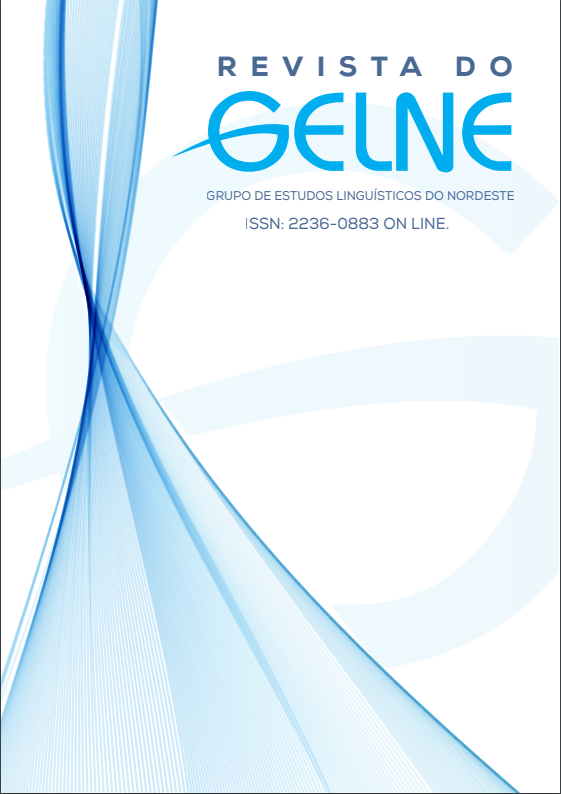
 Português (Brasil)
Português (Brasil) English
English Español (España)
Español (España)






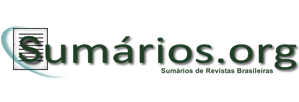

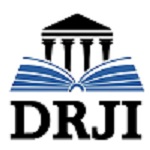
.jpg)
